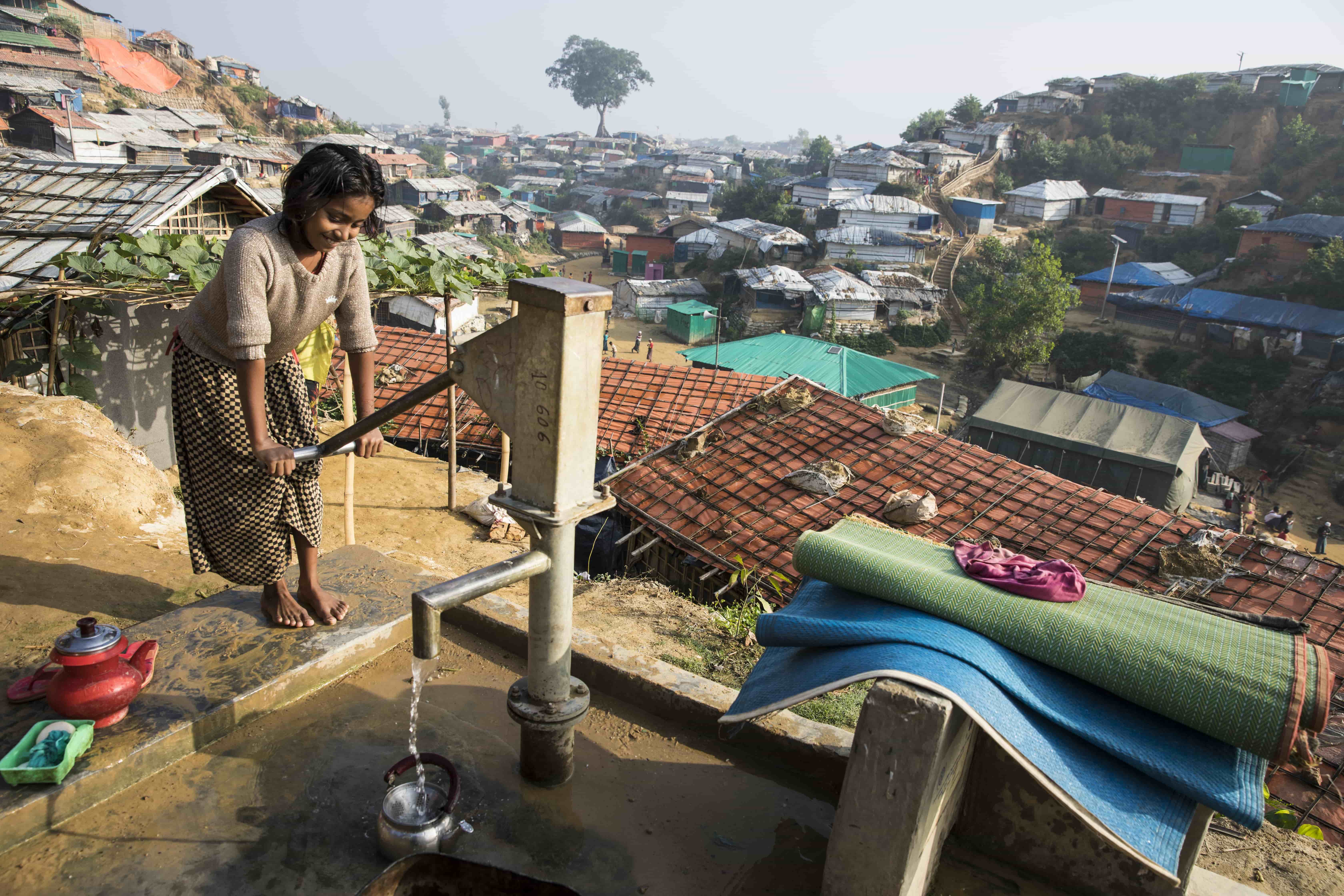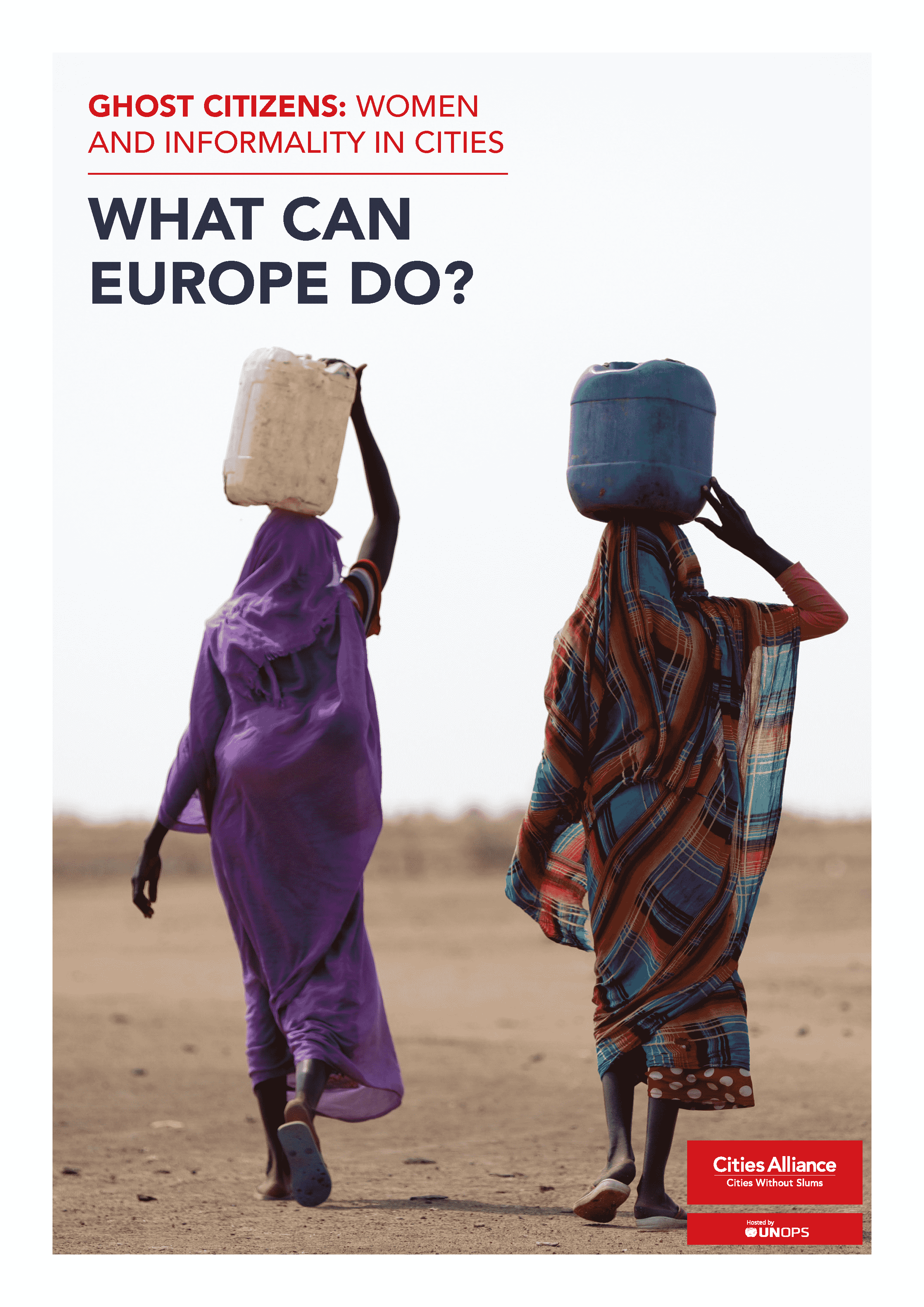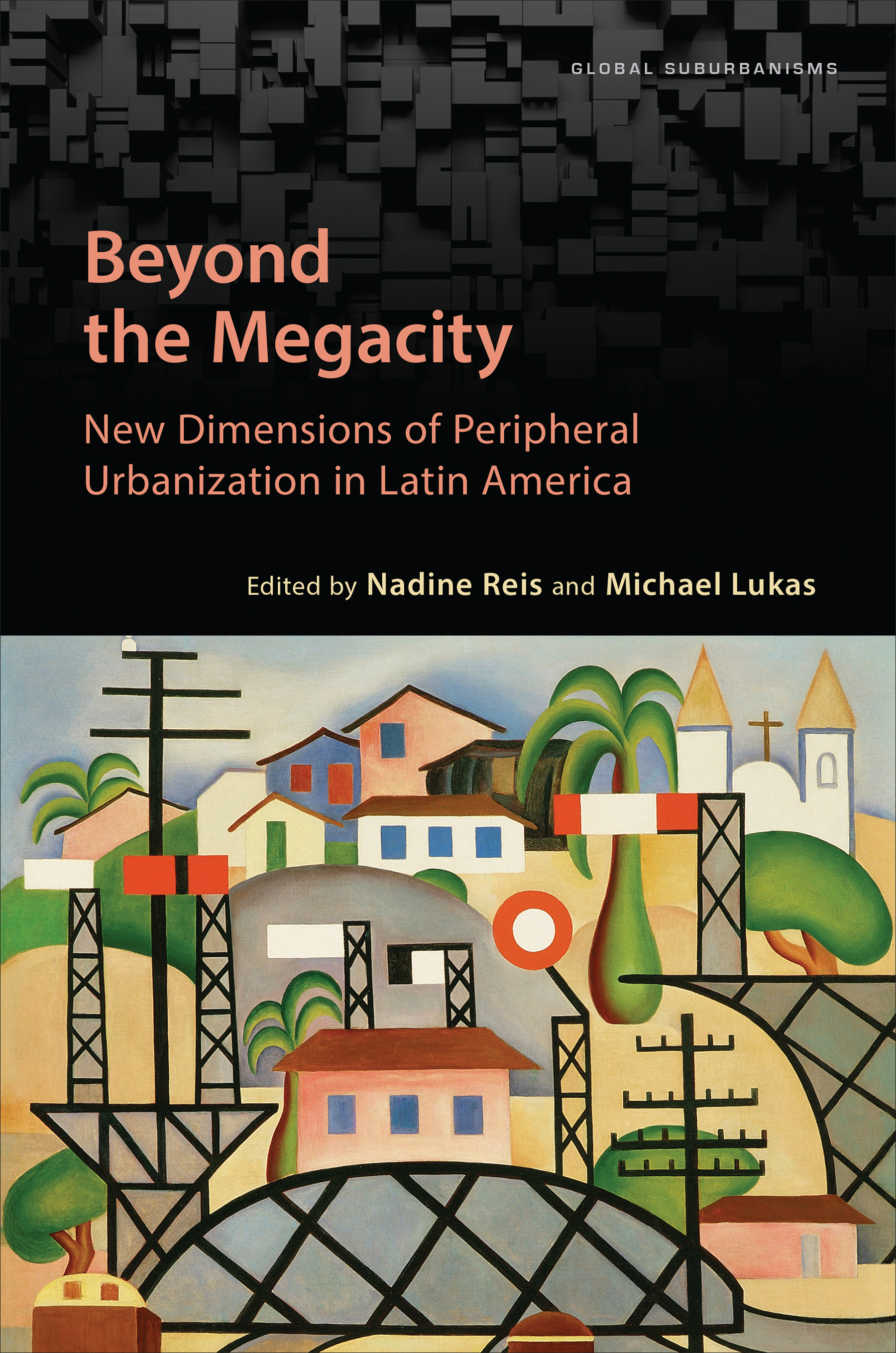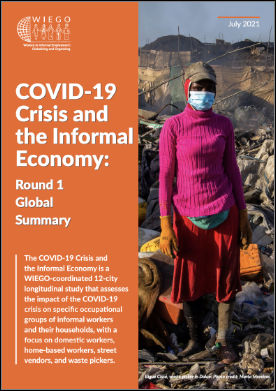- Who We Are
- How We Work
- Regional / Country Initiatives
- Legacy
- Core Themes
- Working Groups
- Portfolio & Results
- Newsroom
- Resources
Policy Brief: Ghost Citizens: Women and Informality in Cities

Most people in the world experience their lives in the context of informality. Often people face some or all these conditions together: they live in informal settlements; work in the informal economy; carry out unpaid domestic and caregiving work, or do not have a formal identity document.

Globally, 61% of all workers (2 billion people) are informally employed, and in Africa more than 85% of employment is informal. Furthermore, over 1 billion people live in slums or informal settlements, and by 2030 an estimated 3 billion people will require adequate and affordable housing. Informality is an overarching global and multi-sectoral issue, and yet women are disproportionately overrepresented in both the informal economy (with lower incomes and greater insecurity) and in informal settlements (with limited access to basic services) and are, therefore, more negatively affected by individual and systemic shocks.
Building on ongoing work in cities and informal settlements undertaken by Cities Alliance and its members, the new policy brief “Ghost Citizens: Women and Informality in Cities, what can Europe do?” maps relevant informality and gender gaps and proposes directions for the implementation at the local level of the EU Gender Action Plan III. The European Union and other international development actors can boost and support national and local efforts to formulate and enact legislation that is gender equitable and gives legal recognition to people who are living in informal contexts, along with protecting and promoting their rights and needs. The Gender Action Plan III, that provides the gender priorities for the EU external actions 2021 to 2025, has the potential to make concrete steps in this direction.
The policy brief identifies the role of women in the informal economy, describes the spatial and political dimensions of gender inequalities in cities and provides several recommendations for the EU external action on addressing gender and informality gaps. With a final selection of case studies from across the world, the report showcases actions taken by Governments and civil society actors implementing creative and meaningful ways so that people living in informality, and in particular women, can participate in managing communities and crises, along with taking an active role in shaping their city’s vision and planning the city’s future.
Download the publication here.


